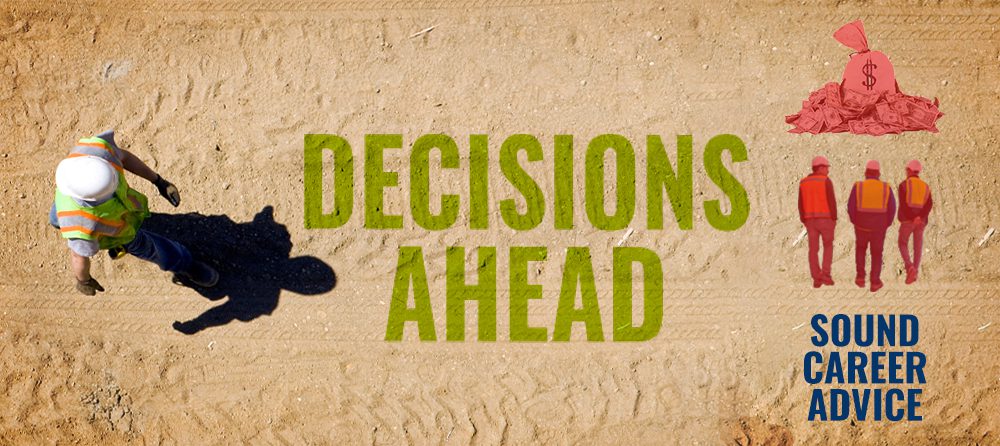While hurricane season in Florida doesn’t start until June—and is usually the time we can expect daily heavy rain showers—this year, South Florida experienced April showers that far exceeded our worst afternoons of the season, with the skies opening up.
Nobody predicted and planned for the extreme weather, and many found themselves trapped and stranded. The Nextdoor app and social media blew up, with people sharing their surprise at the situation.
Prepare for the Unexpected
When you are laid off or displaced in your job, it can feel like a flood coming down on you, and you can feel stranded and unprepared. Still, when you are employed yet not achieving your career goals, you can also feel trapped and unprepared. The individuals caught in the extreme rainwater who were trained in how to react and prepare for an emergency fared well—others, not so well. The same holds true when it comes to your career. Being prepared for the unexpected creates stability for unforeseen and planned changes.
Now that I am over twenty-five years in helping construction management and real estate development professionals define, distinguish, and develop their careers, commonalities among the successful stand out.
1. They don’t follow their buddies for comradery.
Although they get phone calls from their friends and associates to join them at their respective companies, they only make strategic, planned career moves for themselves.
2. They never take the highest bid.
The best candidates understand that money doesn’t buy happiness, and high money can elevate the employer’s and co-workers’ expectations. They look at potential for sustainable growth with proven performance and most often end up way ahead of where they ever thought they would.
3. They can identify their strengths and weaknesses and communicate how they compensate for them without excuses.
There is nothing worse than interviewing a candidate who claims to “know it all” and “have done it all” or states that every project is the same. The only person they are fooling is themselves. Healthcare is much different than high-rise, multi-family—in constructability, deliverables, inspections, and more. A smart owner will not take risks and hire a manager to lead a high-risk project they have never done before. If it is a career goal to be a lead on a high-rise, then someone’s apprentice on the first is the way to go for all parties for success.
4. They are not afraid to ask for help from a Career Coach
Often during the week, I get calls from successful executives and senior managers in our industry who just want to run something by me for “sound career advice” and another perspective. This is not because they want to change employers or replace employees. They want to do their part to ensure mutual success that supernaturally pays off when they do so.
The Benefits of Mutual Success in Employer-Employee Relationships
It is always exciting for my team when doing the follow-ups with the construction management professionals we place and hearing how well it is going for them. On a most recent call, we heard our happy professional share his heart for the many friends of his who kept taking new construction management roles and advancing their paychecks yet feeling unfulfilled at their place of employment by making the wrong move.
I listened to him discuss how they based their decision on who was wooing them the most or who offered the highest base salary, only to find out the role and responsibilities or the support team were not what they expected. Not to mention the opportunity to see a clear path for their future with the new employer—all too often, prompting another move way too soon.
Have you ever known a couple where one party decided to marry the other for their money? What about a friend who was relentlessly courted, only to have all the attention fade once married? In both scenarios, the mutuality was not considered from day one. The relationship was built on unsustainable choices.
Why Money Isn’t Always the Key to Career Fulfillment
When you take a job because it is the best financial offer, or you take a job because the hiring manager or someone in the company is showering you with attention and it feels good, the sustainability of the relationship is unlikely.
If money is removed from the equation, what do you admire about the opportunity? Do you know enough about yourself, your tendencies and inclinations, dreams and aspirations, strengths and weaknesses, to align with the right match at the right time?
How can you benefit from a conversation and a plan? We are here to help.
To Smart Career Moves,
Suzanne Breistol




